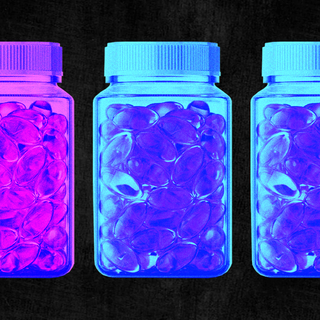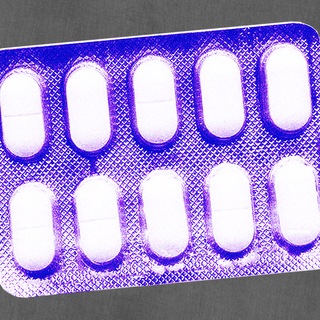As we find ourselves in the midst of the third wave of the pandemic, a new study bolsters confidence in vaccines that could help inspire more jabs. The “nocebo” effect — or the “evil twin” of the placebo effect — could be responsible for many vaccine reactions, a meta-analysis recently found. To put it plainly, many people experience post-vaccine side effects, such as headache or fatigue, simply because they expect to and not because of the vaccine itself.
The nocebo effect is the opposite of the placebo effect because it refers to negative or unpleasant side effects as a response to treatments with no pharmacological effects. Researchers note that this is a common effect in randomized clinical trials, and that analyzing the extent of it in the Covid19 vaccine context is important from a public health perspective.
Published in JAMA Network Open on Tuesday, the study analyzed 12 randomized clinical trials, all of which included placebos (an inactive drug) as controls. Of the 45,380 participants, roughly half were administered a real vaccine, and the other half a saline solution. Participants did not know which one they received.
Vaccine hesitancy remains a deterrent globally; misinformation and fake news further fuel this fire by spreading claims about infertility and fatalities. Tackling the motivation behind anti-vax sentiments remains the core of public health measures. “Systematic evidence regarding these nocebo responses in vaccine trials is important for Covid19 vaccination worldwide especially because concern about AEs (adverse effects) is reported to be a reason for vaccination hesitancy,” the paper noted.
What researchers foundis telling in terms of how the mind plays a role in manifesting physiological effects. Of the vaccine group, around 46% experienced systemic symptoms such as headaches and fatigue after the first injection; however, 35% of the placebo group reported these effects too. In all, this means that 72% of reactions after the first shot were due to the nocebo effect.
After the second injection, this number dropped to 52%. In total, after both shots, researchers concluded that 64% of symptoms are associated with the nocebo effect, meaning that localized pain, headaches, fatigue, and more were due to people’s expectation that they would experience them.
Related on The Swaddle:
How the Nocebo Effect Tricks the Body Into Experiencing Side Effects From Medicine
Placebo researcher Ted J. Kaptchuk noted that “nocebo-sensitive” symptoms like headache and fatigue are most commonly listed as Covid19 vaccine side effects. “Evidence suggests that this sort of information may cause people to misattribute common daily background sensations as arising from the vaccine or cause anxiety and worry that make people hyper-alert to bodily feelings about adverse events,” he said.
People with hypochondriac tendencies, anxiety, and other conditions could be especially prone to experiencing nocebo effects, according to past research. “One explanation for nocebo-induced symptoms is that the anticipation of negative effects can lead patients to experience a heightened awareness or sensitivity towards normal, day-to-day experiences, like aches and fatigue,” wrote Devrupa Rakshit for The Swaddle.
In the present situation, amid vaccine hesitancy, researchers are hopeful that the findings can boost people’s confidence in vaccines and alleviate some fears. “Medicine is based on trust… Our findings lead us to suggest that informing the public about the potential for nocebo responses could help reduce worries about Covid19 vaccination, which might decrease vaccination hesitancy,” Kaptchuk said.
With the results showing that roughly two thirds of vaccine effects were not actually caused by the vaccine but due to anxieties and hyper-awareness around it, there is a stronger case to be made for how dispelling fears and strengthening honest public health messaging can increase vaccine uptake.
Emerging research also suggests that being informed of the nocebo effect may lead patients to experience fewer symptoms, according to Kaptchuk. Moreover, researchers also argue for the findings to be included in public vaccination programs so as to increase vaccine uptake.




